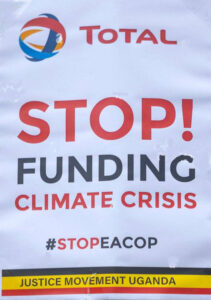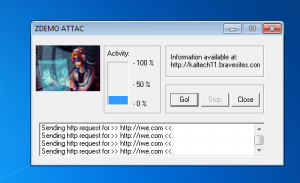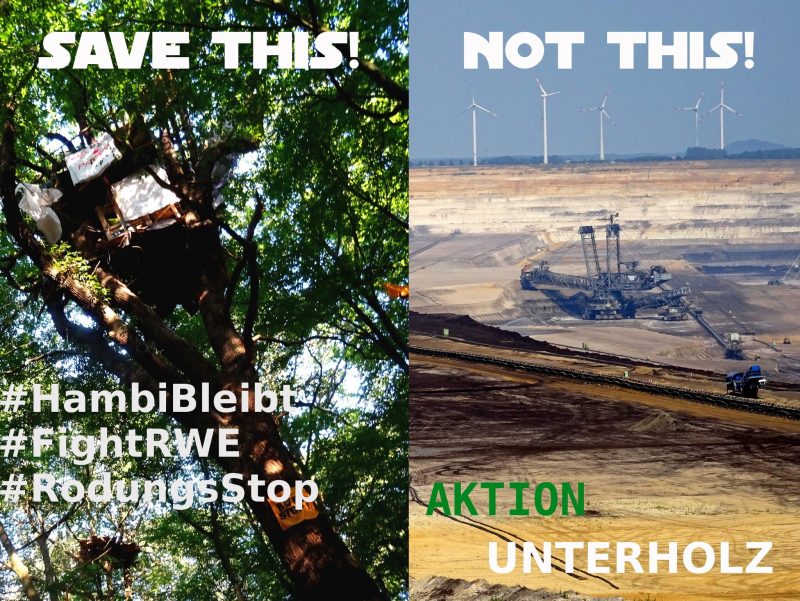 Boycott International Food Companies is calling for a worldwide boycott of four major US food businesses to stop Donald Trump, re-elected president of the United States. Trump announced to become a dictator on day one and that’s what happens right now. Together with Elon Musk he turns American democracy into an oligarchic system.
Boycott International Food Companies is calling for a worldwide boycott of four major US food businesses to stop Donald Trump, re-elected president of the United States. Trump announced to become a dictator on day one and that’s what happens right now. Together with Elon Musk he turns American democracy into an oligarchic system.
Already a quarter of US consumers have stopped shopping at their favorite stores in response to company values and politics shifting, following the advent of the new Trump administration. Every third American said they had no interest in supporting the economy this year. Trump’s announcement that Canadian products would face a 25 percent levy was followed by calls on social media for Canadians to rethink their investments in U.S. companies and their patronage of American firms including McDonald’s, Walmart and Microsoft.
A group called The People’s Union are sharing the message of a 24-hour consumer spending blackout planned for February 28. Consumers are encouraged not to spend money in stores or online for the day, in response to the retreat of many companies from Diversity, Equity and Inclusion (DEI) initiatives and Trump’s actions to eliminate federal DEI programs. A second economic blackout aimed at blocking purchases from Amazon from March 7 through March 14 has also been announced by the same group. Billionaire Jeff Bezos (founder of Amazon), who owns the Washington Post, prevented election endorsements for vice president Kamala Harris during the hot election campaign phase.
Boycott International Food Companies focuses the worldwide boycott on four US companies: Coca-Cola, McDonald’s, Starbucks, and Amazon. Every citizen in the world knows their products and services and it is easy to avoid them in your country. Each of these companies have been targets of previous boycott calls, and all of them have a long story of human right violations, busting labor unions and destroying nature:
- Environmental group Mighty Earth revealed that the cows killed for McDonald’s meals are fed with soybean cultivated in deforested areas in Bolivia and Brazil.
- Coca-Cola creates the biggest plastic pollution footprint in six developing countries (China, India, the Philippines, Brazil, Mexico and Nigeria): about 8 billion bottles which are burned or dumped each year.
- Starbucks has dramatically expanded its presence in Asia, opening 400 new stores in 2023 – with no plan to address its plastic waste. A large-scale boycott over union busting could hit the coffee giant where it hurts, as the change in popular attitude could prove detrimental to the company’s bottom line.
- Amazon is an official target of the Palestinian Boycott, Divestment and Sanctions (BDS) National Committee. In May 2021, as the Israeli military bombed homes, clinics, and schools in Gaza and threatened to push Palestinian families from their homes in occupied Jerusalem, Amazon and Google signed a 1.22 billion USD contract to provide cloud technology to the Israeli government and military.
YOU can join this worldwide boycott to STOP TRUMP any time. Drop Coca-Cola for healthier drinks, visit McDonald’s and Starbucks without ordering something – just pretend that you wait for your partner to get the stuff. It can be hard to imagine your life without Amazon. Support your local dealers instead of online shopping at Amazon. One thing is clear: whenever possible, reduce the amount of money you give Amazon, through not buying things from Amazon. There are plentiful of ethical online stores whether you’re looking for books, clothing or gifts. Many supermarkets offer delivery service for food that can be ordered online. WikiHow has compiled a list of tips to help you quit Amazon.
YOU can use your spending power to send Amazon a clear message. Let them know that you are not buying from them by emailing them in your country (in Germany: impressum@amazon.de). Take action now and sign the Amazon Free Pledge now!











